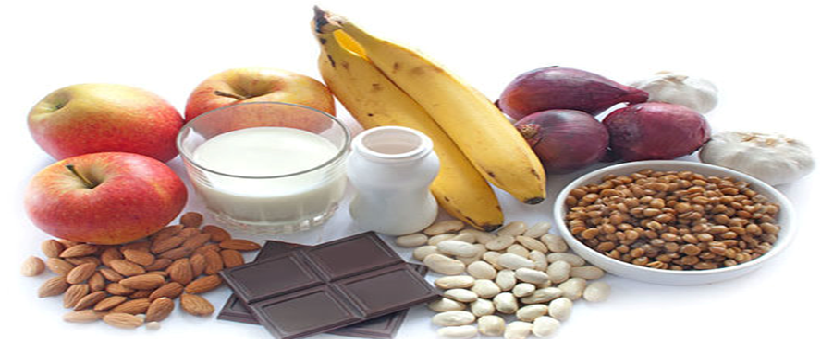Gut bacteria affect our choice of eating!!
What are Gut bacteria?
Gut flora (gut microbiota, or gastrointestinal microbiota) is the complex community of microorganisms that live in the digestive tracts of humans and other living species. In humans the gut flora are fully developed within two years after the birth.
The gut flora, appear to function like an endocrine organ, as they produce hormones and also play a role in synthesizing vitamin B and vitamin K. Some human gut microorganisms benefit the host by fermenting dietary fiber into short-chain fatty acids (SCFAs), such as acetic acid and butyric acid, which are then absorbed by the host.
The bacteria living in our gut perform many functions, such as controlling metabolism, immune function, and maybe even our thoughts and moods.
Gut bacteria can be characterised as Good or Bad. It can be a set of disease-fighting versus disease-spreading.
Good bacteria
Humans cannot survive without some bacteria! Good bacteria in your gut, probiotics like GI Jake, help digest your food and fight invading microbes. Good bacteria are used in making some of the dairy products you like to eat and also some types of medicines! Bacteria are some of the best decomposers – they break down dead and decaying organic matter, from leaves to insects.
Bad bacteria
Bacteria are everywhere, you cannot escape them! The good thing is that very few bacteria are harmful, but bad bacteria aren’t much fun. Bad bacteria are like Pathogens which make you sick, while other bad bacteria spoil your food and water, making it unsafe. Bad bacteria love when you or your environment is unhygienic or dirty. Remember, bacteria can make copies of themselves very quickly so just one bad bacterium can multiple into many numbers and can make you sick or spoil your food!
Right choice of food
A number of health and lifestyle factors can have a negative impact on the gut flora: an unhealthy diet, stress, illness (particularly diarrhoea), travel and just getting older.
Fibre is essential for good digestive health; it provides the bulk to our food, helping it to move through the gut. Good sources of fibre include fruits and vegetables, pulses (such as lentils and beans), grains and cereals. Switch refined carbohydrates such as white rice, bread and pasta with whole grain varieties, which contain significantly more fibre, for gut health.
You can also help beneficial bacteria to multiply in your gut by eating prebiotic foods. Prebiotic carbohydrates occur in the Allium group of plants (onions; garlic; leeks), and in asparagus and artichokes, as well as to a lesser extent in bean, pulses and some cereals, e.g. oats.
The following is a list of “probable suspects” that appear to contribute to gut dysbiosis, poor gut health, leaky gut, excessive levels of endotoxins:
- Artificial sweeteners
- Gluten
- Food sensitivities (e.g., wheat and other grains, soy, dairy, shellfish, FODMAPcontaining foods, nightshades, and histamine-containing foods)
- Environmental toxins (e.g., PCBs)
- Sugar, especially fructose and high-fructose corn syrup
- Refined vegetable oils (i.e., excessive omega-6 fatty acid consumption)
- Meat from farm animals raised on commodities rich in omega-6 fats (e.g., corn, soy)
- Western-style diet, which is characterized by highly processed and refined foods and particularly high contents of sugars, fat, and salt
- Trans-fatty acids, which are also characteristic of a Western-style diet
- Excessive alcohol consumption
Water intake
Drinking regularly keeps your mouth fresh as oral bacteria stay on the move. And it also helps your gut flush out waste, preventing constipation. Aim to drink eight to ten glasses of liquid each day – this can include fruit juice, squashes, soups and cordial as well as water.
Take time to eat
It’s not just about what you eat – but how you eat. Eat slowly and chew your food well – this releases enzymes which kick-start digestion and hormones which will reduce the amount you want to eat. If food is not chewed properly, stomach enzymes and acid have to work harder to break it down, which can cause bloating and heartburn.
Free Consultation with : Best Nutritionist in Delhi

